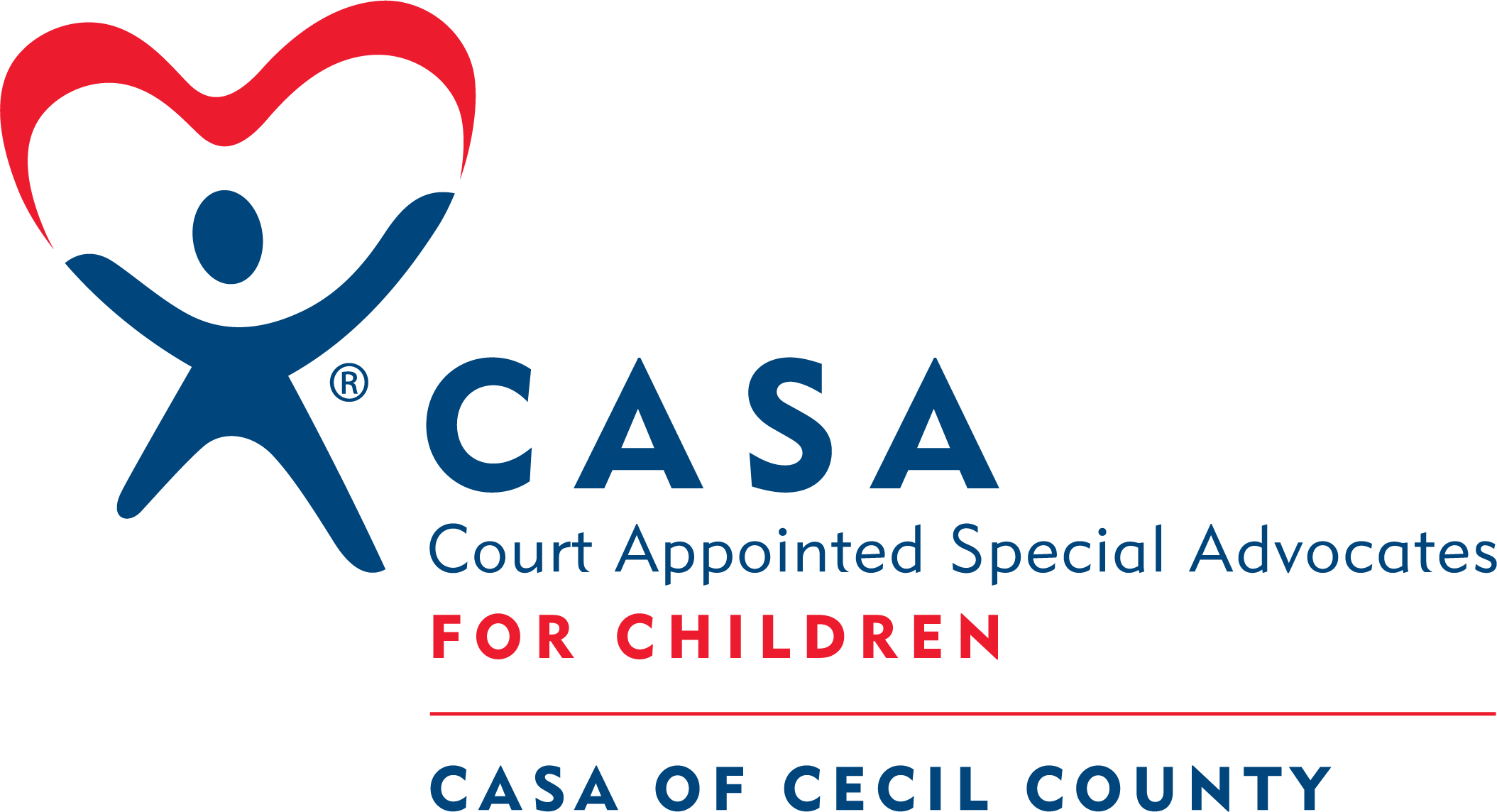Have questions? We’re here to help. If your question isn’t listed below, or you would like additional information, contact us today. We will be happy to answer.
-
Anyone aged 21 years or older who passes a background check and completes our training class is eligible to be an Advocate.
-
No. Our advocates come from all walks of life. You do not need to have prior experience in the legal or social services fields. You just need to be someone who wants to make a difference in a child’s life.
-
Pre-service training is 35 hours long and consists of in-person and online work. During this training advocates are also required to attend a day in court to witness the judicial process in-person. After an advocate has been sworn in they are required to complete 12 additional hours of training each year.
-
On average, CASA’s spend 12 hours a month on their case. This time includes seeing the child to whom they are assigned at least twice, talking to social workers, researching the case history, getting to know the child’s community, and documenting their activities. The amount of time that an advocate works on a case will fluctuate depending on circumstance.
-
You are never alone during this process! You will have a case supervisor to help guide you every step of the way to help with any situation or questions that may arise. In addition to your case supervisor we offer reoccurring support groups that can help bring new ideas, and solutions.
-
Court Appointed Special Advocates are the eyes and ears of the court. They get to know not only the child to whom they are assigned, but the child’s community as well. The advocate reports to the court regarding what they feel is in the child’s best interest.
-
The CASA volunteer does not provide legal representation in the courtroom−that is the role of the attorney. However, the CASA volunteer does provide crucial background information that assists attorneys in presenting their cases. It is important to remember that CASA volunteers do not represent a child’s wishes in court. Rather, they speak for the child’s best interests.
-
A CASA is an independent appointee of the Court. Caseworkers work on as many as 30 cases at a time. A CASA is a volunteer who has an average caseload of one to two children. This allows them to more readily focus on the child and their needs.
-
The volunteer continues until the case is permanently resolved. One of the primary benefits of the CASA program is that, unlike other court principals who often rotate cases, the CASA volunteer is a consistent figure in the proceedings and provides continuity for a child.
-
CASA volunteers are typically appointed to children who are under the protection of the court as a result of abuse and neglect.
-
The caseload is one child or one group of siblings

